Are we getting a 'hard landing' after all?
Signs of economic slowdown raise concerns 'soft landing' declarations were premature


Is 2024 the year America gets the recession economists expected in 2023? It's a growing concern. A "worse-than-expected" jobs report this month could signal an economic slowdown that "threatens to downshift the nation's brisk economic growth," said The Associated Press. The economy added just 175,000 new jobs in April — "well short" of expectations — following reports that America's overall economic output "slowed dramatically at the outset of 2024."
The "hard landing" that economists predicted last year never materialized. Current expectations for a "soft landing" for the economy "could be wrong too," Fortune said. Surveys show companies are pulling back on hiring and workers are increasingly worried about keeping their jobs, Citi chief U.S. economist Andrew Hollenhorst told Bloomberg TV. The good news? That could lead the Federal Reserve to start aggressively cutting interest rates. "I think the Fed's going to see enough to cut," Hollenhorst said, "because we're more toward the hard landing end of the spectrum."
What did the commentators say?
"The economic slowdown is here. Welcome it," Aaron Back said in The Wall Street Journal. Why? Because investors really would welcome more Federal Reserve interest rate cuts. Slightly higher unemployment and somewhat slower wage growth — hourly earnings were up just 3.9% in April, compared to 4.3% in February — will also ease the momentum of "stubbornly high inflation." This means the latest economic data could, oddly, be good news. "A little summer slowdown could be just what this economy needs."
Subscribe to The Week
Escape your echo chamber. Get the facts behind the news, plus analysis from multiple perspectives.

Sign up for The Week's Free Newsletters
From our morning news briefing to a weekly Good News Newsletter, get the best of The Week delivered directly to your inbox.
From our morning news briefing to a weekly Good News Newsletter, get the best of The Week delivered directly to your inbox.
"Declarations that America has achieved a soft landing look premature," said The Economist. America emerged from the pandemic with a stronger economy than peer nations. Economic growth has been resilient and inflation is less pressing, but it is still close to 3%, above the Federal Reserve's target rate of 2%. The Fed raised interest rates to rein in inflation; now it must lower rates without letting inflation run rampant again. That's no sure thing. "Until both are achieved, things could yet go awry."
"The U.S. economy's soft landing is still on track," a trio of Boston Consulting Group economists said in Harvard Business Review. Recent economic data has indeed "given pessimists new resolve." The economy is still sorting through its "post-pandemic gyrations." But job growth, wage growth and company balance sheets are all generally strong. "Another recession is an eventual certainty, but we think not in 2024."
What next?
The soft jobs report means that Federal Reserve rate cuts "will move back up the agenda," one investment expert told the BBC. Inflation is still higher than the Fed wants to see, but it may have little choice but to act if it appears too much "heat may be coming out of the world's largest economy."
"Most Americans are crossing their fingers" a recession won't happen soon, Business Insider said. Recessions cause businesses to close and workers to lose jobs. That can have long-term effects: "It took many millennials a long time to recover financially from the Great Recession." The good news? Recent research suggests that recessions have become less common in the United States. So while the next recession might seem unavoidable, "that isn't necessarily true."
A free daily email with the biggest news stories of the day – and the best features from TheWeek.com
Joel Mathis is a writer with 30 years of newspaper and online journalism experience. His work also regularly appears in National Geographic and The Kansas City Star. His awards include best online commentary at the Online News Association and (twice) at the City and Regional Magazine Association.
-
 Why are flash floods in Texas so deadly?
Why are flash floods in Texas so deadly?Today's Big Question Nearly 100 people, including 27 girls at a summer camp, died in recent flooding
-
 'The way AI is discussed makes it seem like this is a necessary outcome'
'The way AI is discussed makes it seem like this is a necessary outcome'Instant Opinion Opinion, comment and editorials of the day
-
 Measles cases surge to 33-year high
Measles cases surge to 33-year highSpeed Read The infection was declared eliminated from the US in 2000 but has seen a resurgence amid vaccine hesitancy
-
 Will Europe pivot to Asia on trade?
Will Europe pivot to Asia on trade?Today's Big Question It could be an attempt to sidestep the impact of Trump's tariffs
-
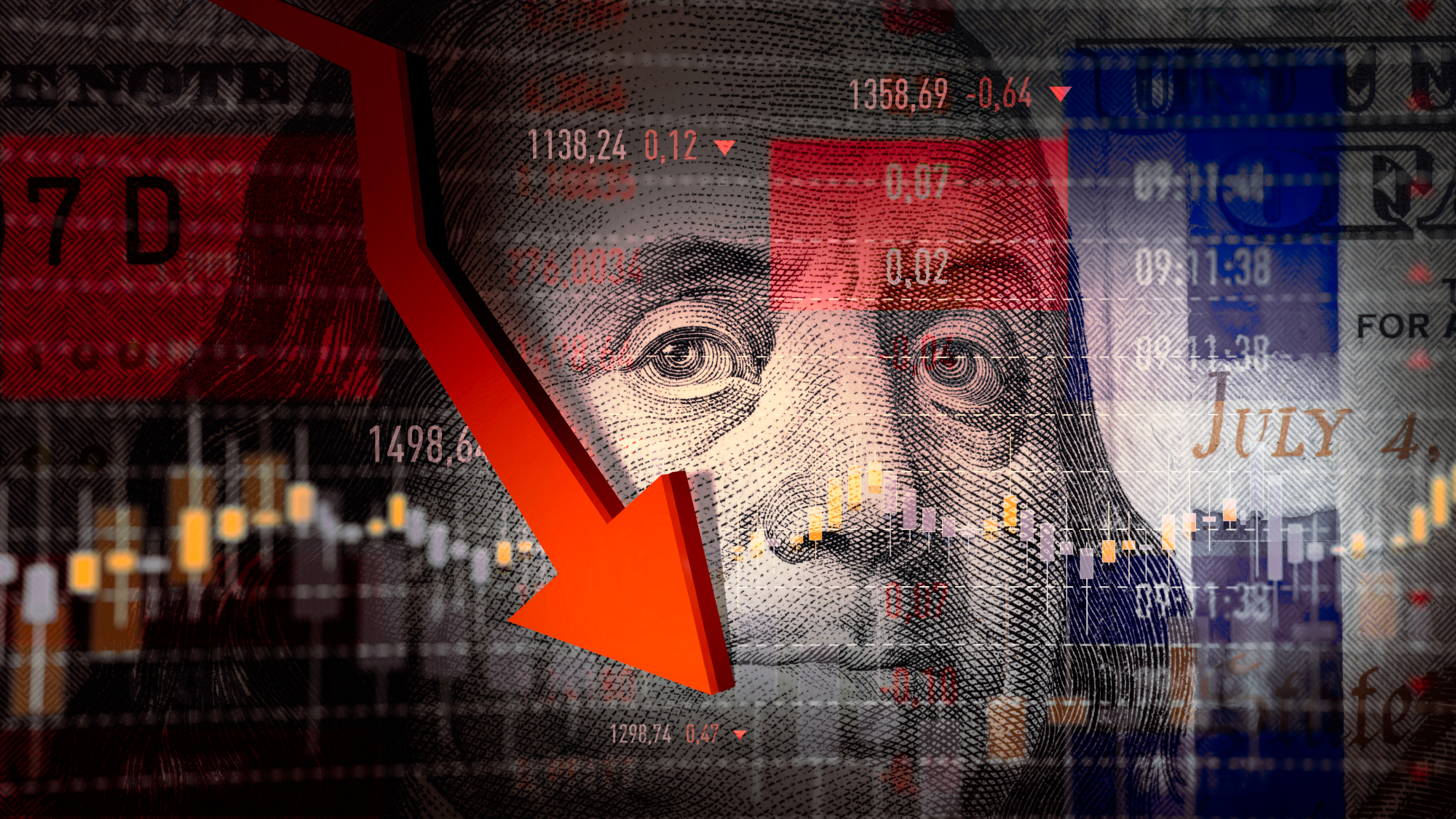 Dollar faces historic slump as stocks hit new high
Dollar faces historic slump as stocks hit new highSpeed Read While stocks have recovered post-Trump tariffs, the dollar has weakened more than 10% this year
-
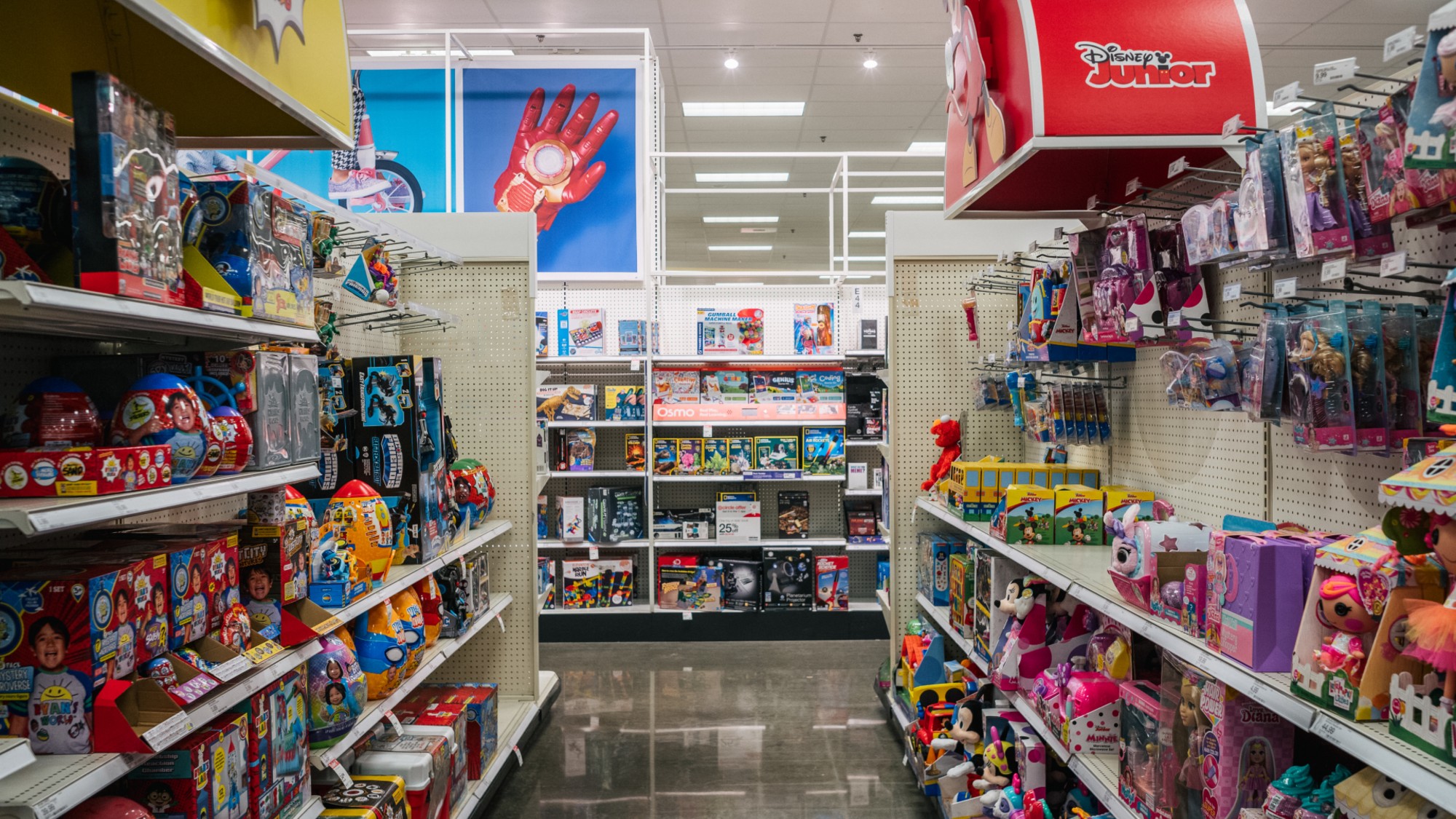 Higher toy prices from Trump's tariffs have arrived
Higher toy prices from Trump's tariffs have arrivedIn the Spotlight Three out of four toy products in the US come from China
-
 Doing the hustle: Are side gigs a sign of impending recession?
Doing the hustle: Are side gigs a sign of impending recession?In the Spotlight More workers are 'padding their finances while they can'
-
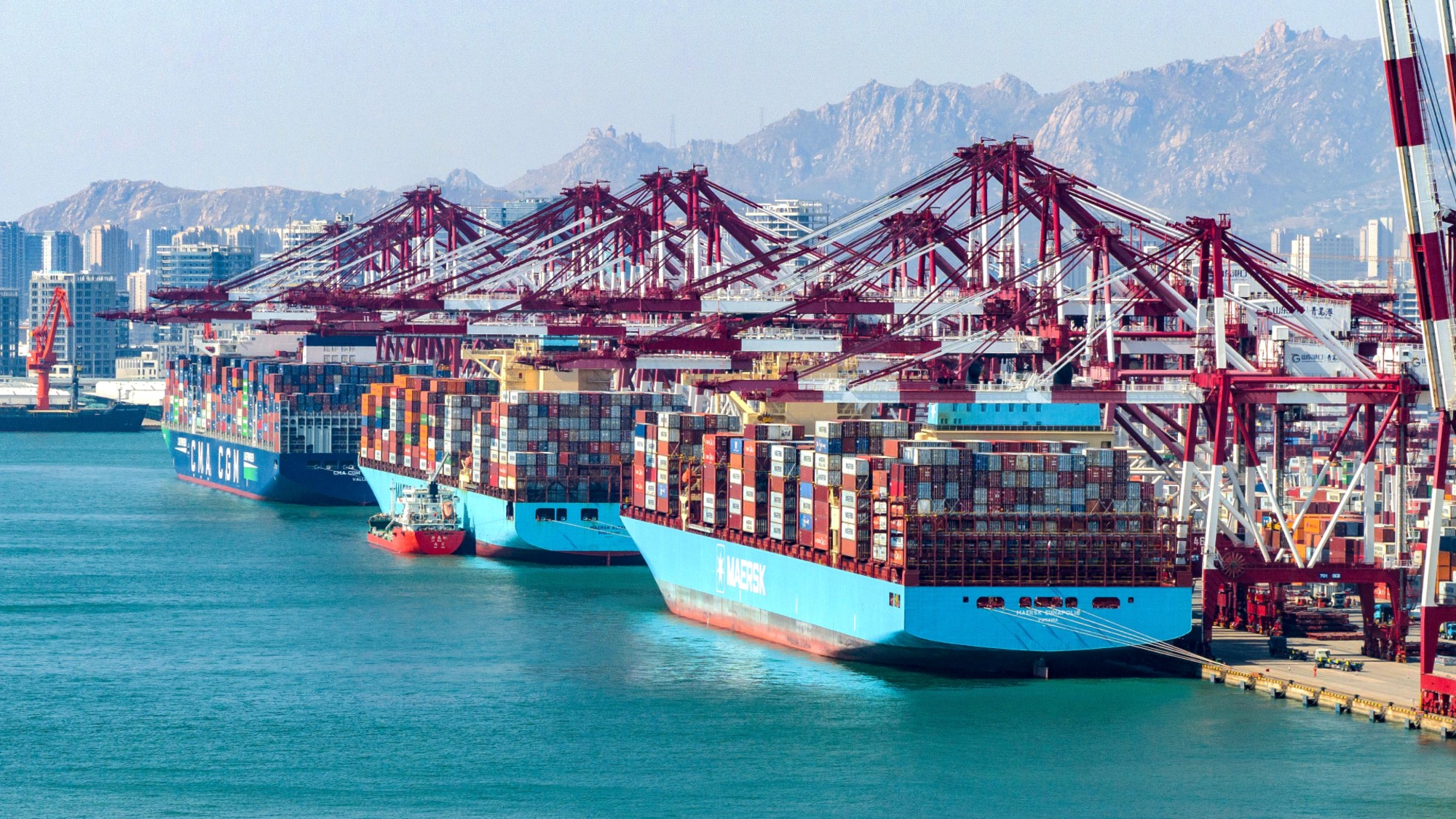 'Tariff stacking' is creating problems for businesses
'Tariff stacking' is creating problems for businessesThe Explainer Imports from China are the most heavily affected
-
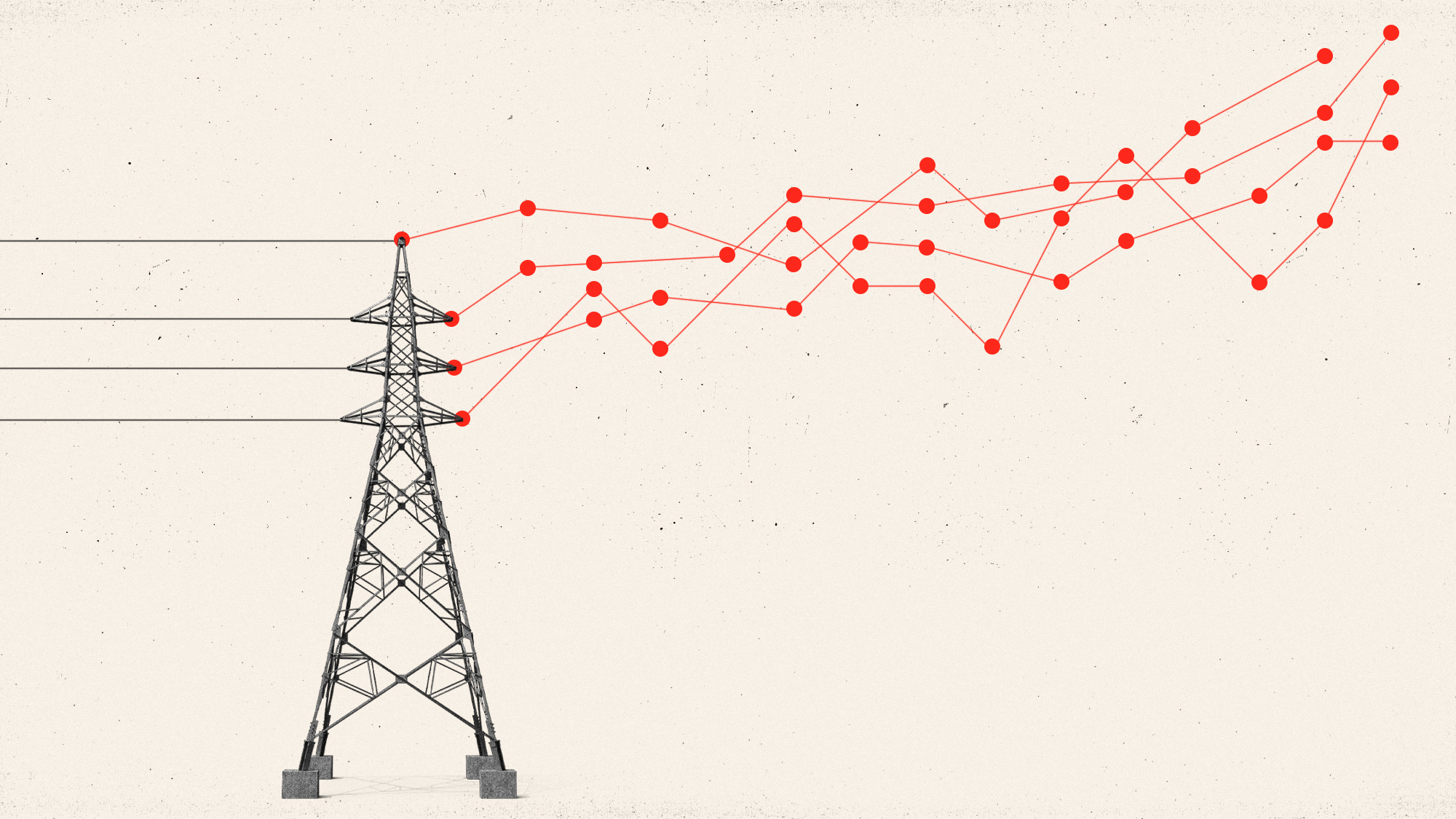 Why are electric bills rising so fast?
Why are electric bills rising so fast?Today's Big Question Data centers for artificial intelligence and the cost of natural gas both contribute
-
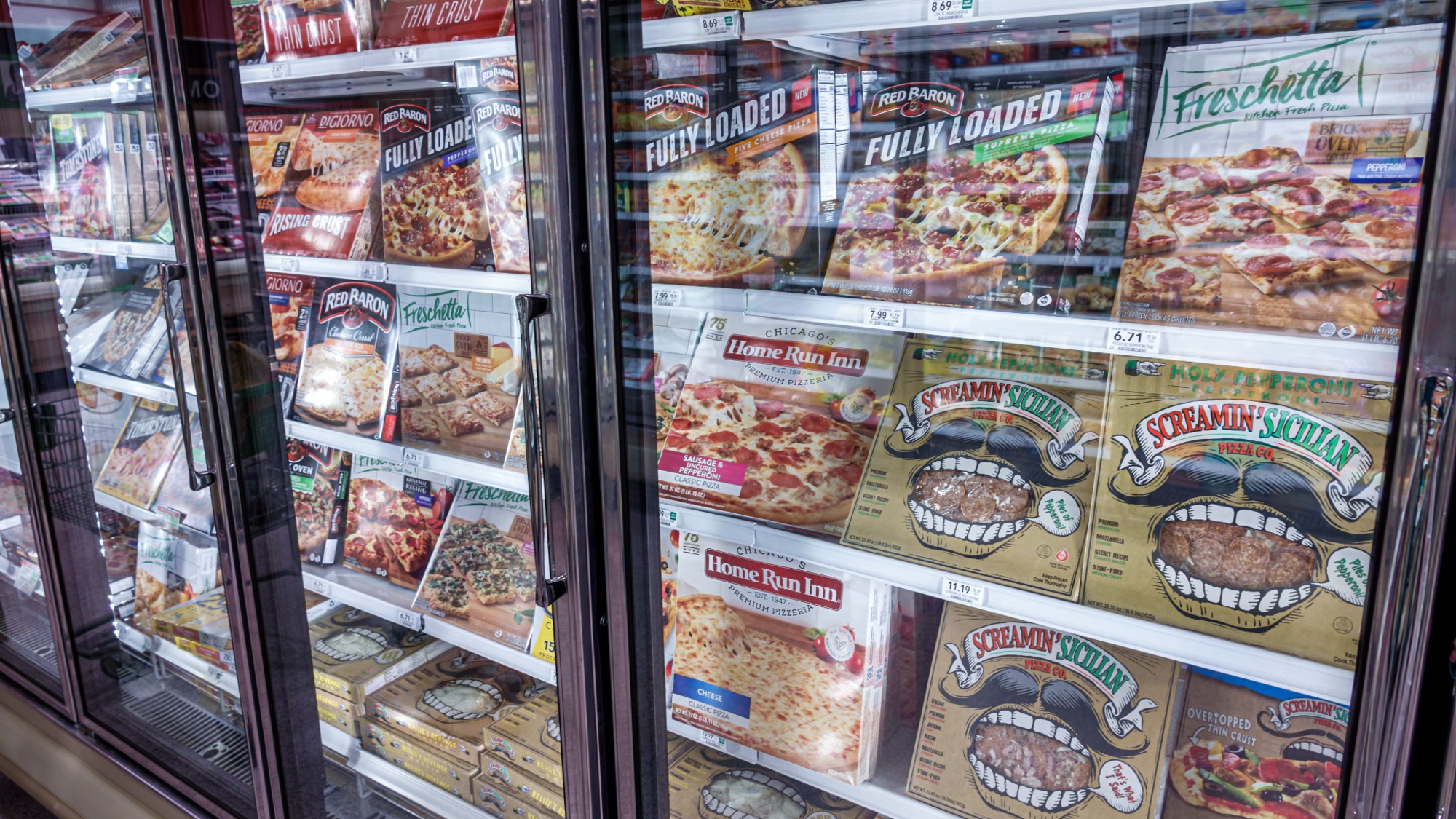 Frozen pizza sales could be a key indicator of a recession
Frozen pizza sales could be a key indicator of a recessionThe Explainer Sales of the item have been increasing since the pandemic
-
 Economists fear US inflation data less reliable
Economists fear US inflation data less reliablespeed read The Labor Department is collecting less data for its consumer price index due to staffing shortages
